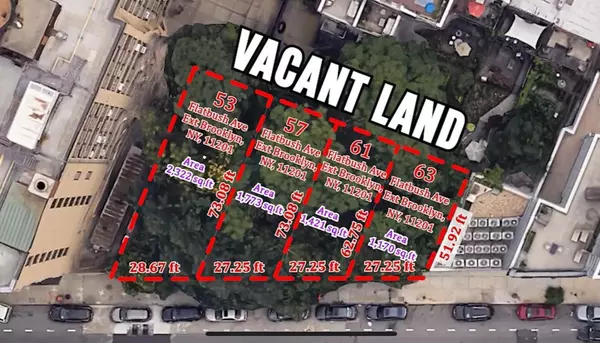Mortgage Rate Paydown Strategy

When it comes to managing your mortgage, one of the most effective strategies to save money and reduce the life of your loan is to consider paying your mortgage weekly or bi-weekly instead of the traditional monthly payments.
This small change can have a significant impact on your financial future, potentially saving you tens of thousands of dollars in interest and allowing you to own your home outright much sooner. And the best part: it doesn't change your monthly payment amount at all.
Understanding the Basics
Most homeowners are accustomed to making monthly mortgage payments, which typically consist of principal and interest. However, by breaking these payments into smaller, more frequent installments, you can significantly reduce the amount of interest that accrues over time. Here's how it works:
Weekly Payments
If you opt for weekly payments, you'll make 52 payments a year. Instead of paying a lump sum once a month, you'll divide that amount by four and pay it each week. For example, if your monthly mortgage payment is $2,000, you would pay $500 each week.
Bi-Weekly Payments
Similarly, with bi-weekly payments, you'll make 26 payments a year. You take your monthly payment, divide it by two, and pay that amount every two weeks. Using the same example as above, if your monthly payment is $2,000, you would pay $1,000 every two weeks.
The Impact on Interest
The key benefit of these strategies lies in how interest is calculated on your mortgage. Interest on most mortgages accrues daily based on the outstanding principal balance. By making more frequent payments, you reduce this principal balance more quickly than with traditional monthly payments. Consequently, less interest accumulates over time.
For instance, consider a 30-year fixed-rate mortgage with an interest rate of 4%. If you stick to monthly payments on a $300,000 loan, you'll end up paying approximately $215,609 in interest over the life of the loan. However, if you switch to bi-weekly payments without changing anything else about your loan terms or interest rate, you could save around $34,328 in interest and pay off your mortgage nearly five years earlier.
Additional Benefits
- Budgeting Ease: Making smaller payments more frequently can align better with many people's pay schedules (e.g., bi-weekly paychecks), making it easier to manage household finances.
- Discipline: This strategy can instill financial discipline by ensuring that you're consistently chipping away at your debt rather than risking late or missed payments due to larger lump sums.
- Equity Building: More frequent payments accelerate equity building in your home since you're reducing the principal faster.
Considerations
Before implementing a weekly or bi-weekly payment plan:
- Check with Your Lender: Not all lenders allow for these types of payment structures without additional fees or penalties.
- Automatic Payments: Set up automatic transfers to ensure timely and consistent payments.
- Extra Payments: Ensure any extra funds go directly toward the principal rather than future interest.
Switching from monthly to weekly or bi-weekly mortgage payments can be a powerful strategy for saving money and shortening the term of your loan. By understanding how these frequent payments affect interest accrual and principal reduction, homeowners can make informed decisions that align with their financial goals and ultimately achieve homeownership more efficiently and cost-effectively.
Contact us to discuss your current mortgage and equity and see what options you may have for either reducing your payments or tapping into your equity to invest in a new property.
- JM
Categories
Recent Posts











